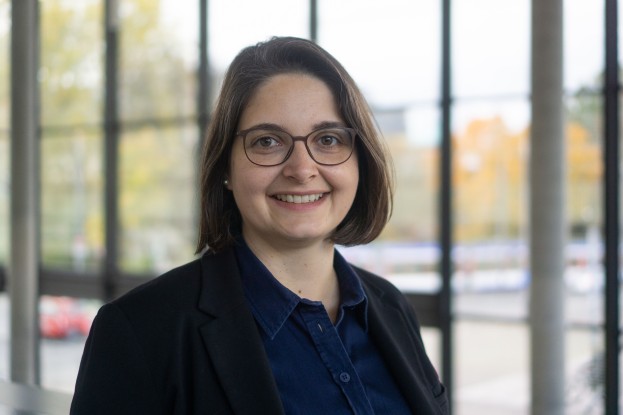Computational Electromagnetics
Electrotechnical systems are becoming more and more complex. Innovative devices are designed closely to what is technically and physically possible. Consequently, the theory required to analyse the corresponding systems is becoming increasingly involved as well. Experimental investigations are often too complex, too risky, or too costly and the presence of test probes might corrupt the experiment data. Computational Electromagnetics is in those cases the most appropriate way to gain knowledge. Computer-based modelling, analysis, simulation, and optimization are a cost-effective and efficient alternative to investigate real-world applications and to engineer new technical solutions. The digital models support research, development, design, construction, evaluation, production, and give further insight into the operation of devices like semiconductors, filters, antennas or electrical machines. It allows us to find optimal strategies which address key issues in future technical developments both for the economy and for society in areas such as energy, health, safety, and mobility. The exact topic can be individually tailored to the interest and knowledge of the student, please find a list of suggestions here: https://www.cem.tu-darmstadt.de/teach/thesis
Additional Information
| Supervisor | Prof. Dr. rer. nat. Sebastian Schöps |
| Availability | Spring, Summer and Fall 2025 |
| Capacity | 1 Student |
| Credits | 18 ECTS |
| Remote Option | Yes |



